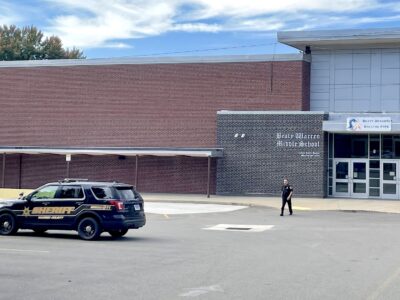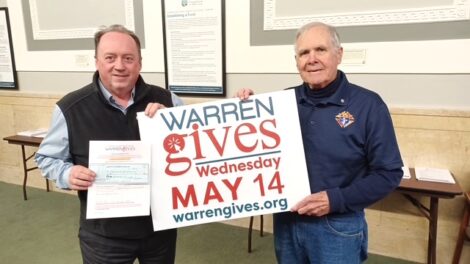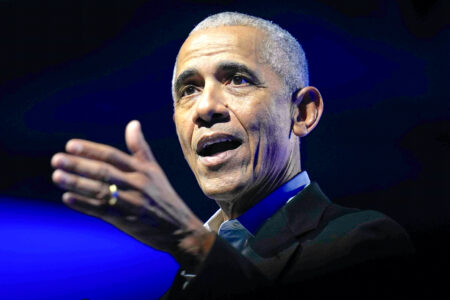Can the ‘Rainy Day Fund’ balance the budget?
Pennsylvania’s emergency savings account, contrary to its colloquial name of “Rainy Day Fund,” is for anything but.
Instead, state law reserves the $7 billion pot for economic downturns or unexpected revenue shortfalls, and can’t be tapped without a two-thirds vote from the legislature.
Neither condition appears to have been met for Gov. Josh Shapiro’s proposed $51.5 billion spending plan, according to the Commonwealth Foundation. In a letter to Treasurer Stacy Garrity and leaders of the House and Senate, the fiscally conservative nonprofit argued that “the commonwealth’s economic environment has been well known and understood for months.”
“The Governor’s desired spending increases for transportation, public schools, human services, and other line items do not amount to emergencies endangering the health and welfare of Commonwealth citizens,” said Andrew Lewis, CEO and president of the foundation, in the letter. “Rather, these are merely the Governor’s policy preferences.
“The commonwealth’s structural deficit is self-inflicted by the Governor, who refuses to engage in the normal budget negotiating process — a process that is readily available and suitable to address the line items the Governor intends to finance with the Rainy Day Fund.”
The Shapiro administration wants to use $1.7 billion from the account to support increased spending in public schools, social safety net services and economic development initiatives.
In the letter, Lewis asks Garrity to withhold the transfer until lawmakers approve it or challenge the move in court.
The Center Square contacted the Shapiro administration on Tuesday for comment on the letter, but received no response.
Garrity’s office, however, agreed with the foundation’s assessment that the conditions for tapping the fund have not been met – though no legal recourse or withholding of money without legislative approval was mentioned.
“I believe that this letter serves to reinforce the fact that using any portion of the rainy-day fund should be reserved to such time when it’s actually raining, and not used just to balance the current or future budgets,” Garrity told The Center Square. “This is emergency money and just like the hard-working Pennsylvanians who work hard to save a little extra for a rainy day, so too must the Commonwealth.”
Garrity, who recently announced her gubernatorial campaign to unseat Shapiro in 2026, has focused much of her tenure in office on bolstering the emergency account so that if the state faces an economic downturn, the government can sustain itself for longer than two days. The fund would now support 53 days of operation, according to Garrity.
It’s been nearly two decades since the last time the account was used to cover a budget deficit. In 2009, Gov. Ed Rendell’s administration transferred $755 million after the financial collapse and Great Recession unexpectedly depleted commonwealth revenues.
According to recent polling from the foundation, two-thirds of respondents reject using the fund to cover future spending.
“Any budget proposal that leverages the use of the Rainy Day Fund must be met with the highest level of scrutiny,” Lewis said. “We urge the General Assembly and Treasurer to protect the Rainy Day Fund for the future security of Pennsylvania and its next generations. Our state’s future is at stake.”
Gridlock has stalled movement on the state budget for more than two months, with no deal in sight. The House returns for a voting session on Sept. 29; the Senate is not slated to come back until Oct. 20, according to the legislative calendar.




